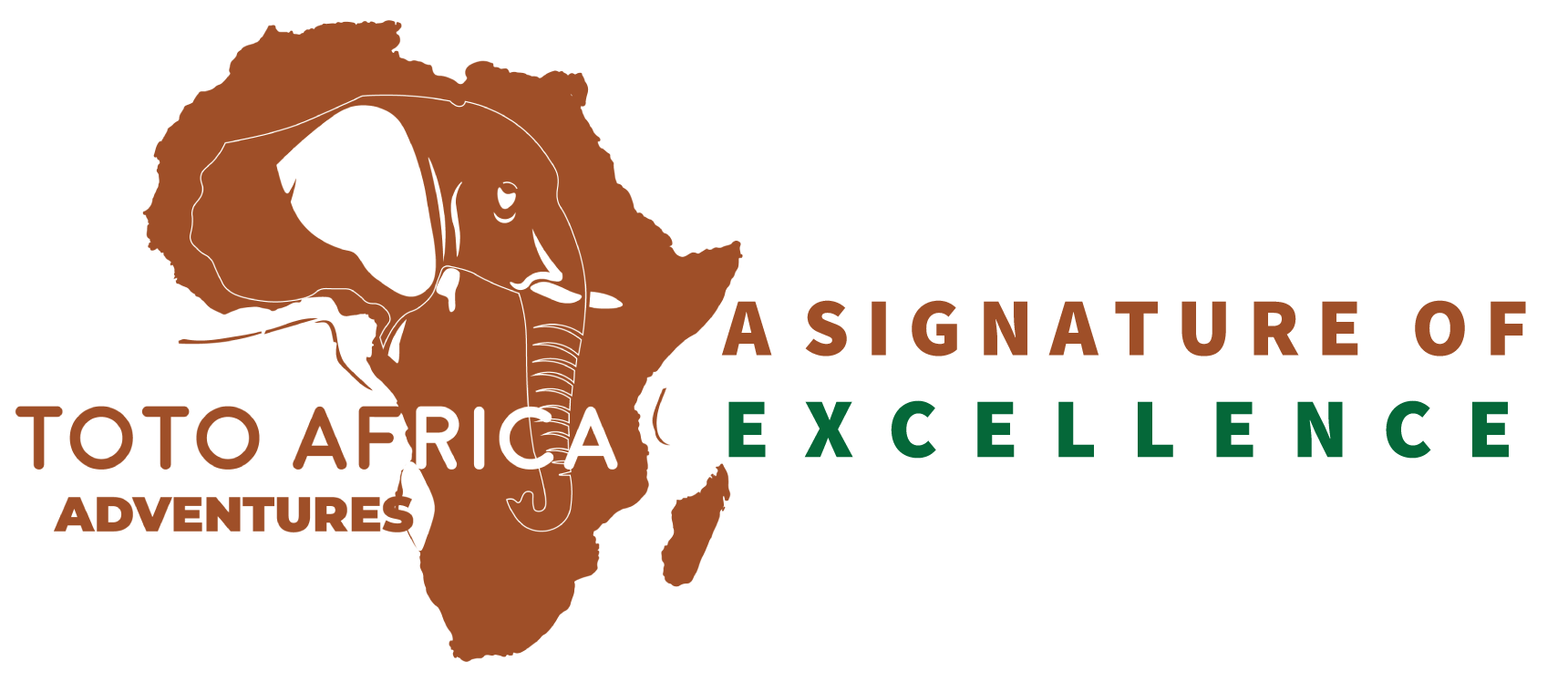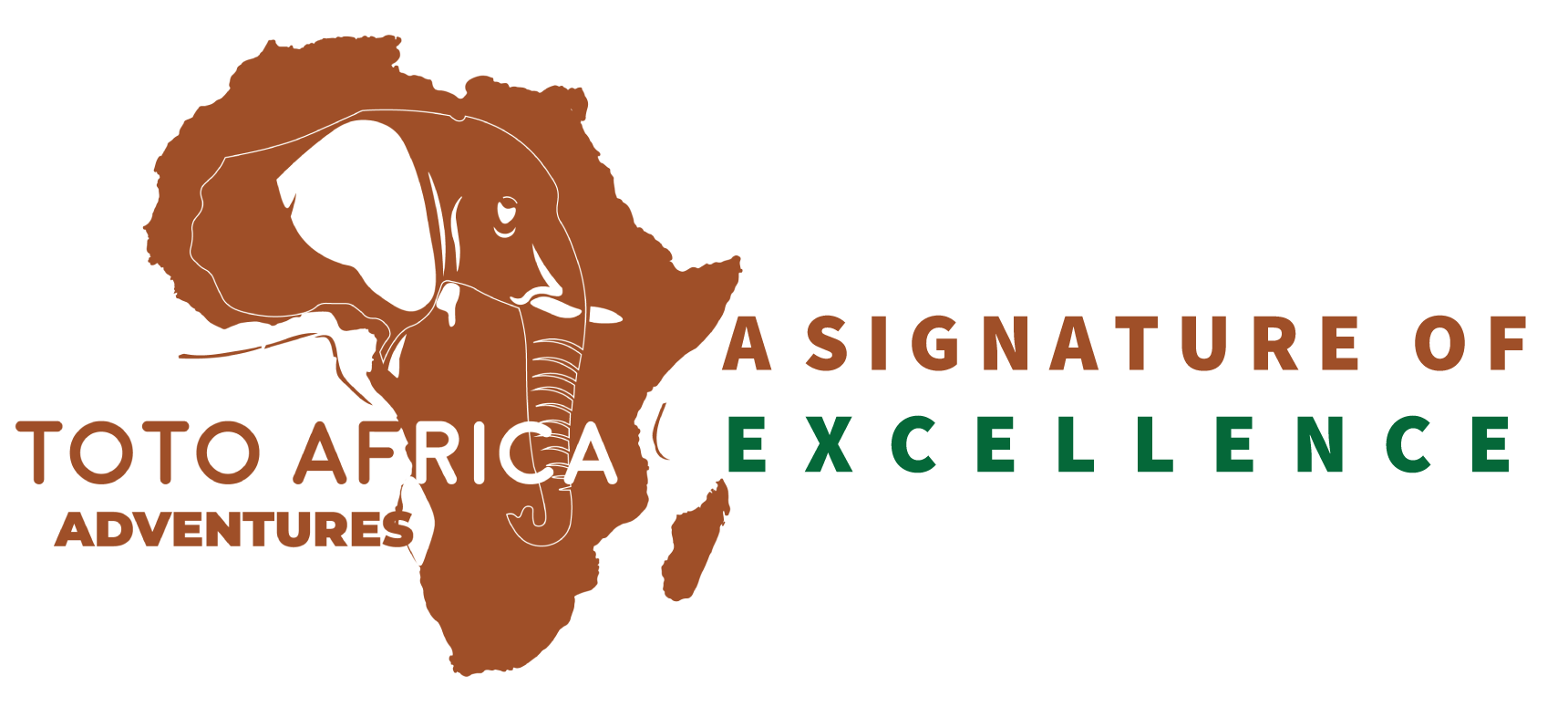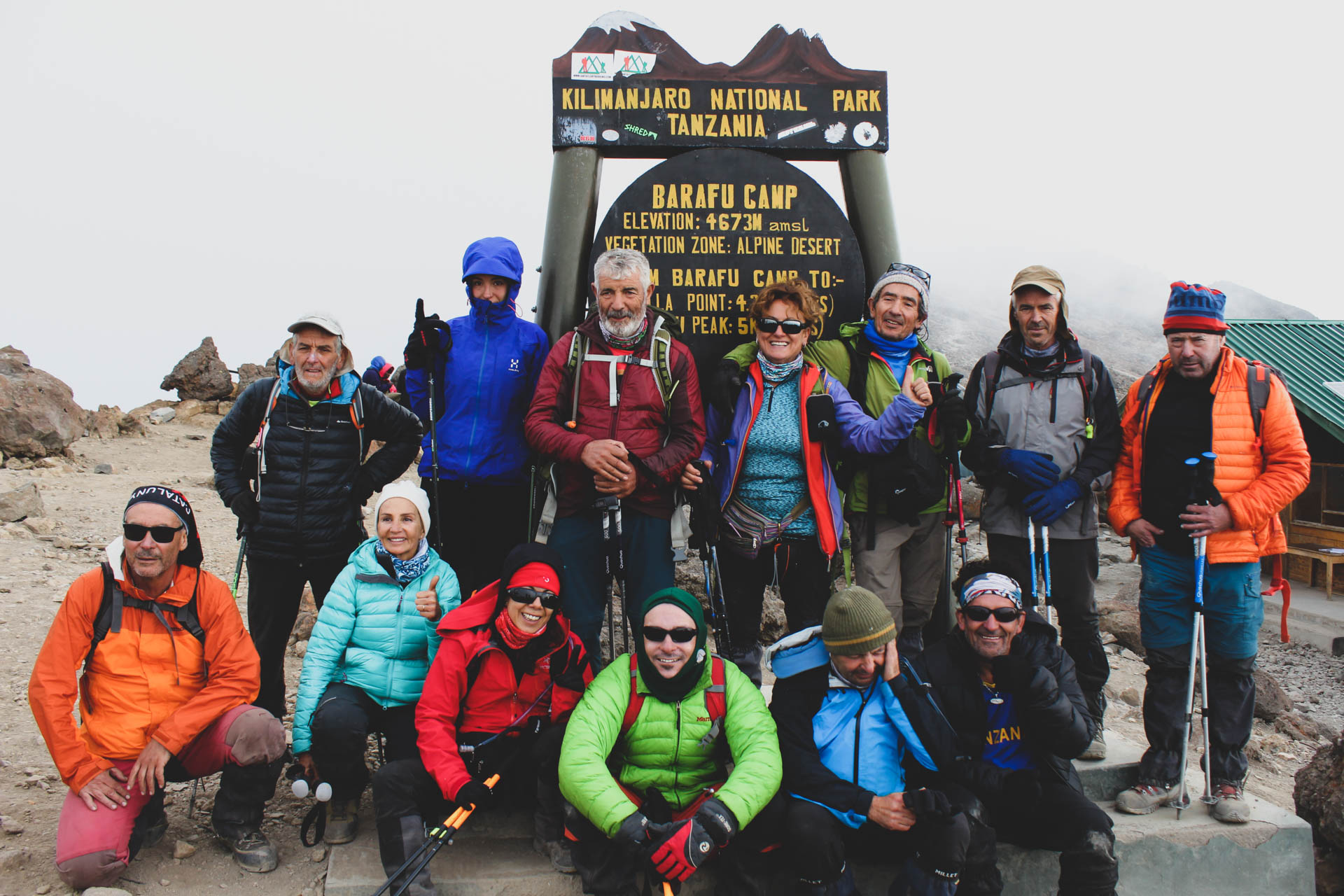Climbing a mountain as high as Kilimanjaro does have dangers. You should ensure that you have good insurance to cover these risks. It is a condition of booking to climb Kilimanjaro that you have medical and accident insurance.
Your insurance must cover helicopter evacuation and medication. It should also cover the costs of getting home should you miss your scheduled flight due to accident, injury, illness or simple bad luck.
Your insurance must specifically include cover you to climb up to 6000 meters above the sea level.
Your insurance should also protect against the ‘standard’ travel dangers, including: baggage delay, loss of personal items etc.
We highly recommend global rescue insurance https://ss.globalrescue.com/. Different policies provide different levels of cover, so make sure you understand what is and isn’t included in your policy. So be sure to read the small print carefully for any policy you are considering
Despite the long list of recommended vaccines, Tanzania has only one compulsory vaccination: Yellow Fever.
Tanzania has no recorded case of Yellow Fever and efforts to ensure this superb record mean that all visitors from countries that have a risk of Yellow Fever must present vaccination certificates upon entry.
Below are the lists of what is the general advised for travel to Tanzania. We strongly advise you to consult with your medical specialist. They will have the most up to date and medically accurate information relevant to you, and should be relied upon over these recommendations.
GENTLY ADVISED VACCINATIONS
Hepatitis A – This can be spread via contaminated food and water.
Typhoid – Typhoid can also be spread via contaminated food and water, and poor hygiene.
Yellow Fever – This can be contracted by being bitten by a contaminated mosquito. This vaccination is not essential if you are arriving directly in Tanzania. You do need it though if you plan to arrive through any country that is subject to yellow fever. Simply stopping over at an airport in an affected country should not require vaccination, but leaving the airport even briefly would make it necessary.
Tetanus – Tetanus is often present in the soil, and can contaminate open wounds easily. Tetanus vaccine should be used every ten years if traveling.
Diphtheria – This potentially fatal disease is spread mainly via spit, but occasionally through contact with cuts on the skin.
OPTIONAL BUT NECESSARY
- Tuberculosis – TB is generally contracted through inhaling airborne sputum.
- Measles – This disease is spread through inhaling sputum.
- Rabies – Rabies is spread via contact between the saliva of any infected animal and an open wound
- Cholera – Cholera is spread via contaminated food and water, and poor hygiene.
- Hepatitis B – This illness is spread via contact with blood or bodily fluids
You are highly unlikely to contract malaria on Kilimanjaro, which is too high and cold for the anopheles mosquito. Nevertheless, Tanzania is a malaria zone and therefore you will be at risk of contracting the disease. We recommend that you take malaria tablets.
While there are no mosquitoes above 2,000m on the mountain itself, they are present in Moshi, in the safari parks and on Zanzibar. Some of the hotels provide mosquito nets but you are still safer to take the tablets as well.
When beginning a course of anti-malarials for Tanzania, it is very important to begin taking them before you go; that way the drug is established in your system by the time you set foot on Tanzanian soil and it will give you a chance to see if the drug is going to cause a reaction or allergy. Once started, complete the full course, which usually runs for several weeks after you return home.
To get to Kilimanjaro you need to fly to Kilimanjaro International Airport (IATA code is JRO). The airport,is situated south-west of Mount Kilimanjaro National Park and is nearly equidistant from the two main towns, Arusha and Moshi. 95% of trekkers spend the night before their Kilimanjaro climb in Moshi, which is about a 45 minute drive from Kilimanjaro International Airport. Pick up from Kilimanjaro airport (JRO) to your lodge in Moshi is included in your trek package. Also drop off to Kilimanjaro international airport after the climb is included in your package.
It is also possible to fly into Arusha airport (ARK), but this is a small domestic airport that only receives internal flights and a few connecting flights from Kenya. Pick up from Arusha airport to your lodge in Moshi will involve extra charges $ 70 USD. The same charges will apply to arrange a drop off to Arusha airport from Moshi.
Recommended airlines:
The most affordable, yet convenient flight for most prospective trekkers from the Northern Hemisphere is to fly from Amsterdam on a direct KLM flight to Kilimanjaro.
This flight departs Amsterdam around 10:00am everyday and arrives at Kilimanjaro International Airport around 20:30pm the same day
For trekkers in Europe, UK and the US, the easiest thing to do is to fly from a major local airport hub near you to Amsterdam (Most major airports in Europe, UK and the US have flights to Amsterdam), and then catch the KLM to JRO connecting flight
Also In terms of indirect flights to major African airport near Kilimanjaro International Airport, The best option is either Kenyan Airways or Ethiopian Airways. Both operate routes from major United Kingdom, United States, European and some Southern Hemisphere airports.
Turkish Airlines, Air Emirates and Qatar also fly into JRO now, but these flights often involve long delays and flights leaving late at night for UK travelers. However, climbers travelling from the US often report better service and experiences flying with Turkish Airlines, Air Emirates and Qatar, so we do recommend these flights.
The main weather conditions that can cause concerns while climbing Kilimanjaro relate to cold temperature and precipitation. Though the average temperatures on the lowlands of Tanzania are relatively warm and stable throughout the year, the temperature on Kilimanjaro varies widely depending primarily on the altitude.
The dry seasons of mid-June through October and December through the beginning of March are the best times to climb Kilimanjaro. But even during the “dry” seasons, climbers may still experience heavy rains. The mountain’s weather is unpredictable and climbers should be ready for wet and cold conditions no matter when they come.
There are distinct climatic zones on different altitudes with changing vegetation. We will pass through five major ecological zones on the way to the summit. This varies from agricultural zone, Rain forest zone, Moorland zone, highland desert zone and arctic zone. As we gain altitude, the temperatures drop as does precipitation levels and vegetation. While the temperatures in the rain forest are generally very mild, averaging 21 degrees Celsius, the temperatures during the night ascent to the summit can be below zero up to -18 degree Celsius. Therefore, climbers need to have the appropriate extreme cold weather gear to endure harsh winter weather for many hours.
Those opting to travel to Tanzania are required to comply with the rules and regulations laid down by the government. Some visitors may be able to obtain a visa on arrival, while others will need to apply for it at the Tanzania Diplomatic Consulates in their home country or online at https://eservices.immigration.go.tz/visa/. We highly recommend you apply for your visa online 6 weeks prior to arrival into Tanzania.
Below is an overview of the visa requirements. Please note that requirements can change at any time with or without notice; always check Tanzania’s consular website for complete details. We Toto Africa Adventures will do our utmost to advise you about any other information you may need.
For your visit in Tanzania, you must meet certain entry requirements before being allowed into the country. Some nationals are exempted from this requirement when entering the country and staying for three months or less.














